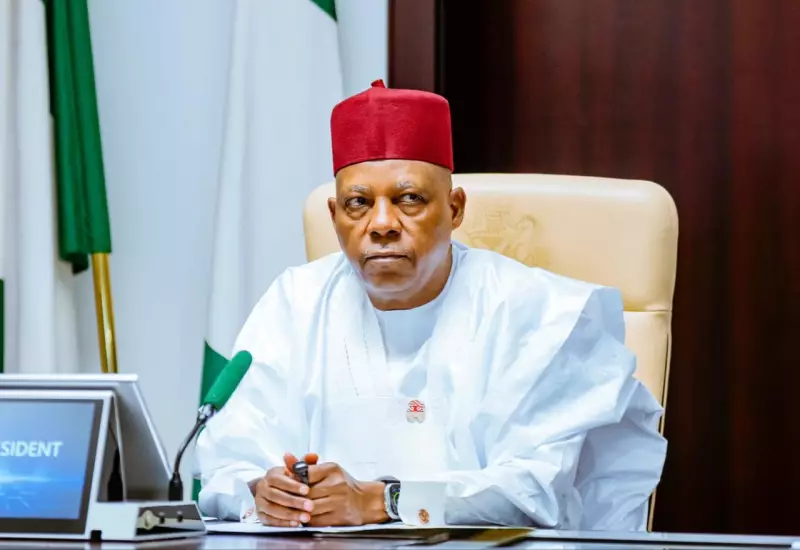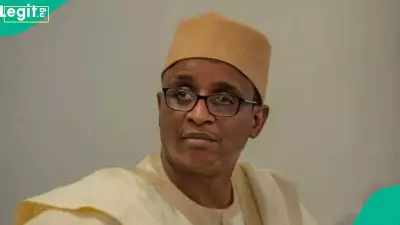
In a startling revelation that has sent shockwaves through economic and health circles, Vice President Kashim Shettima has disclosed that Nigeria is hemorrhaging a colossal ₦5.6 trillion annually due to malnutrition-related human capital depletion.
The Silent Economic Drain
Speaking at a high-level engagement on resource mobilization for nutrition, the Vice President painted a grim picture of how malnutrition is systematically undermining Nigeria's development potential. "We are losing approximately ₦5.6 trillion yearly to malnutrition," Shettima declared, emphasizing that this represents a critical threat to the nation's human capital development.
Human Capital Under Siege
The staggering figure represents more than just financial loss—it encapsulates the diminished productivity, increased healthcare costs, and reduced learning capacity that malnutrition inflicts upon the Nigerian population. Shettima stressed that this silent crisis is eroding the very foundation of Nigeria's workforce and future economic prosperity.
Call to Action
The Vice President's disclosure came during a strategic gathering that brought together key stakeholders, including:
- Government officials from federal and state levels
- International development partners
- Nutrition experts and healthcare professionals
- Private sector representatives
Shettima emphasized the urgent need for coordinated action, stating that addressing malnutrition requires a multi-sectoral approach involving health, agriculture, education, and social protection sectors.
Beyond Health: An Economic Imperative
The Vice President framed the nutrition crisis not merely as a health issue but as a fundamental economic challenge. "When our children suffer from malnutrition, we are not just compromising their health—we are mortgaging our nation's future economic stability," he asserted.
The engagement focused on developing sustainable financing mechanisms for nutrition programs, exploring innovative funding sources, and strengthening accountability frameworks to ensure efficient utilization of resources dedicated to combating malnutrition.
A Nation at Crossroads
Shettima's revelation underscores the critical juncture at which Nigeria finds itself. The massive annual loss represents resources that could otherwise be channeled toward infrastructure development, education enhancement, and broader economic advancement.
The Vice President concluded with a powerful call to action: "We must treat malnutrition with the same urgency we accord to other national emergencies. The future of our human capital depends on the decisions we make today."






